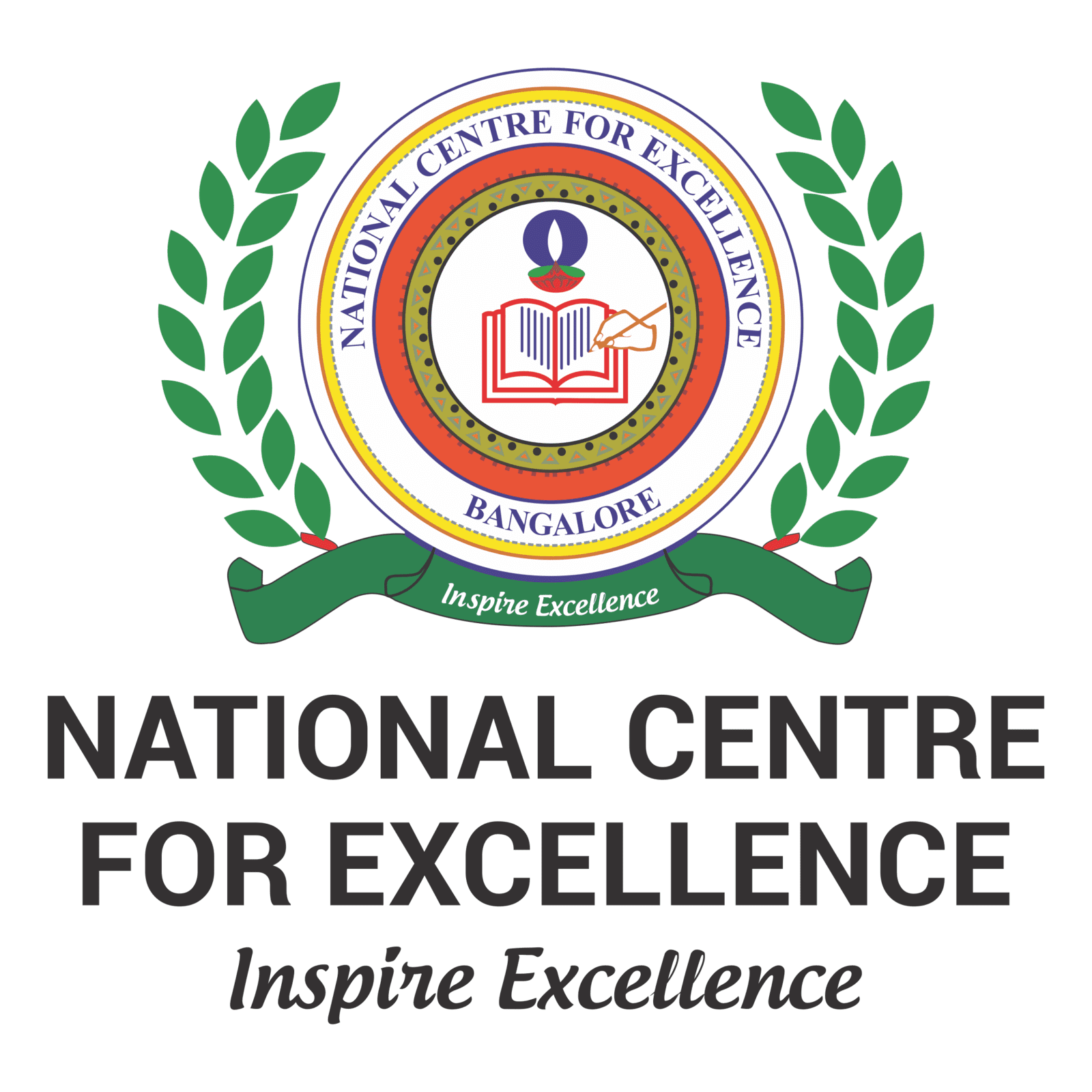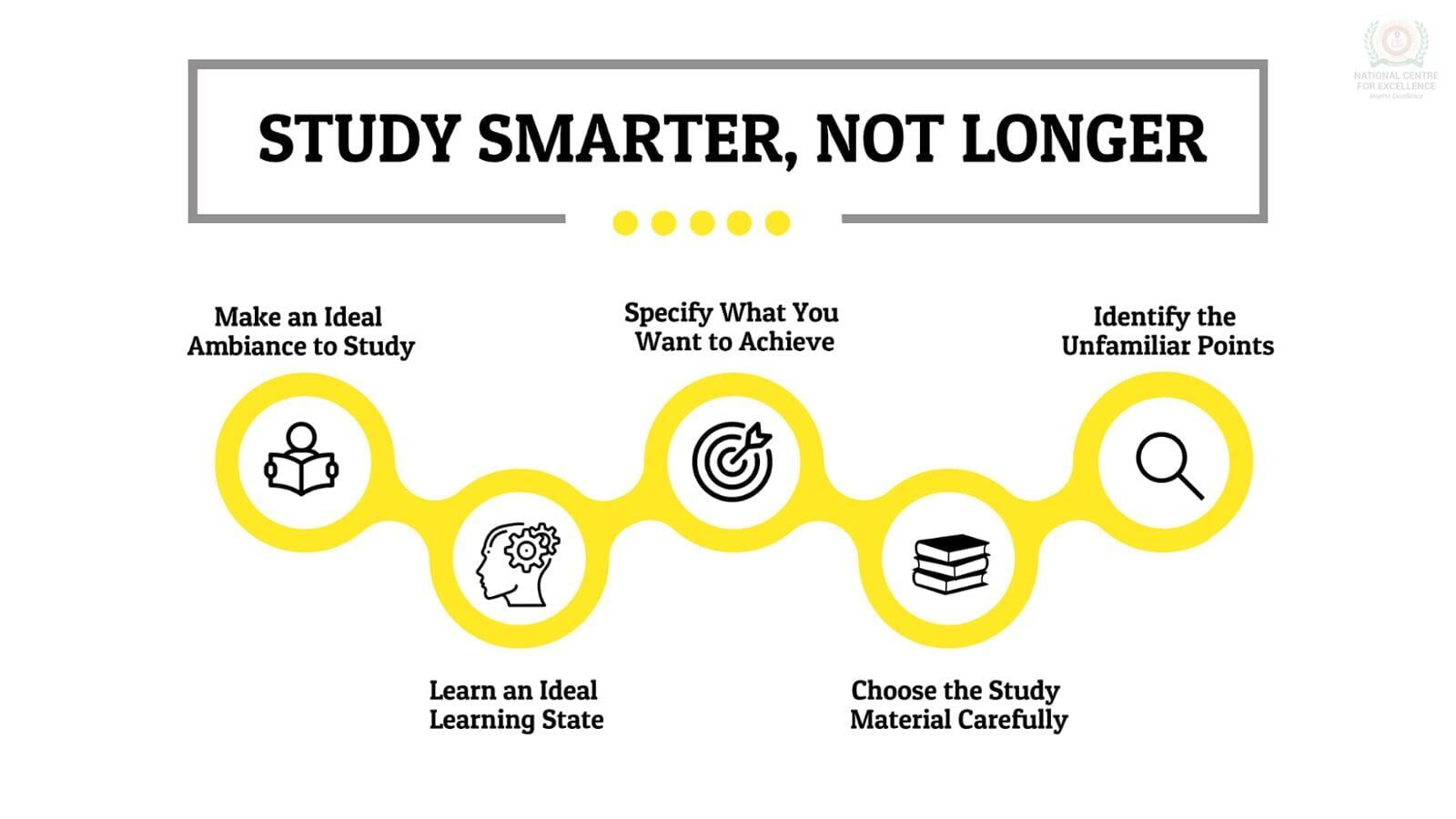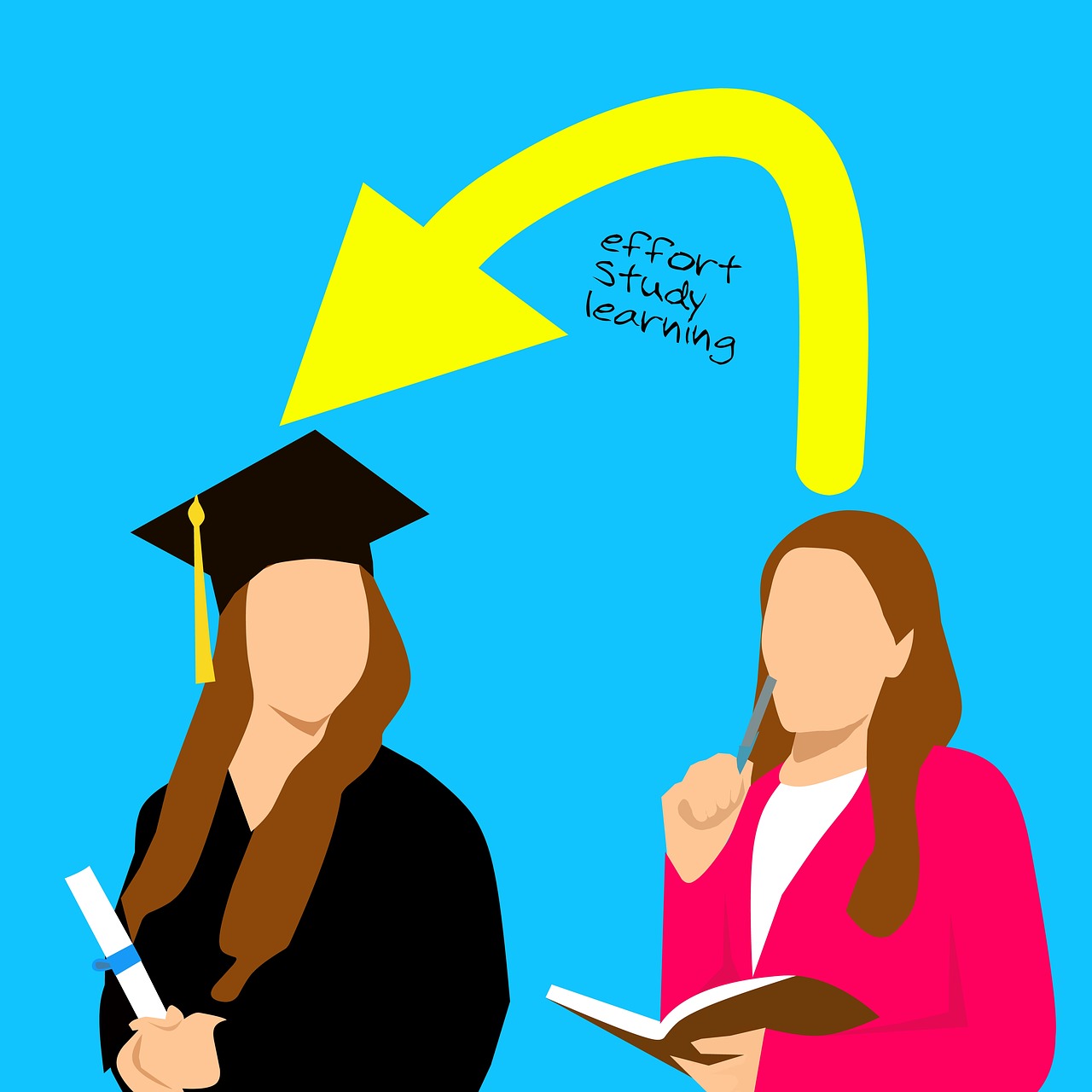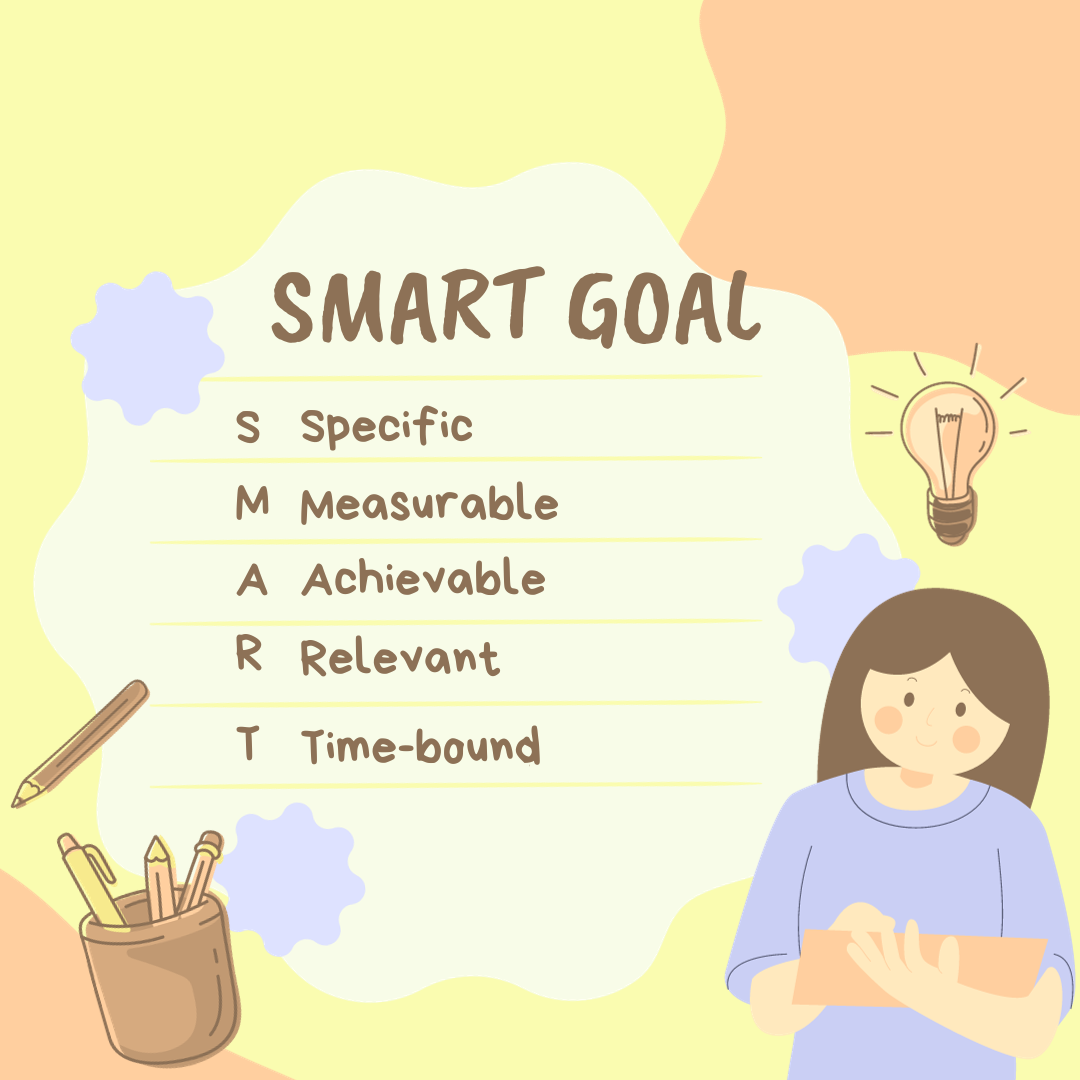Study Smarter Not Harder!
There is a lot of information out there telling students how to ace their exams and get the best results. Yet, some students still don't get the results that they want. The biggest problem is that they study the wrong way. If they knew how to study smarter then they would be getting the results that they want. Read on to find out.
Are you a student, or are you preparing for a test?
If yes, then you must be looking for ways to improve your academic performance. This blog is packed with tips and tricks that can help you improve your performance in class and ace your tests.
There are a lot of people who want to study, but they never actually get around to doing it. They may have all the reasons in the world for not studying, but when you look at the reasons, they simply aren't good enough. We look at common excuses for not studying and what you can do about it.
Reading is not studying. Simply reading and re-reading texts or notes is not actively engaging in the material.
How can I study smarter?
This is a great question! You can study smarter by taking notes; read faster by summarizing, and taking a course on speed reading from a reputable institute.
Another smart tip is to take a few seconds before you start a study session to plan out how you're going to study. Before you start reading, ask yourself, "What is the one thing I want to get out of this reading?" and then focus on learning that thing!
By staying focused, setting goals, and working smart.
Focus helps you avoid distractions. When you can focus on what you should be doing, you will be able to apply more of your power to the task at hand.
Setting goals will help you stay motivated and on task. You are more likely to work harder if you know you have something to work towards.
Working smart means that you should focus your time and energy on the areas of your life that will produce the most success for you. It means choosing your battles wisely, and not wasting time on things that will not earn you a good return.
What is the best study method?
There are many aspects of the right study method. I can only outline a few principles here. But you should carefully read this answer and then find out what is best for you.
Studying should be enjoyable, if it is not, do something else instead. If it is, a few hours a day is enough to master an average amount of knowledge. Be consistent. It is much better to study one hour every day than two hours every alternative days.
There will be some days you do not study at all, but that is not too bad. If you do not give up, you will master the knowledge anyway. One of the best ways to learn something is to teach it to others.
So it is good to find somebody else to practice with. Do not spend more than one hour per day studying. Normal people have many other responsibilities and can concentrate for only about one hour per day. Putting in more time than that is usually a waste of time.
Children learn best by example. Parents can help their children learn to focus by practicing these techniques themselves. Plan your work and work your plan. Follow a daily schedule to outline activities in the morning, afternoon, and evening. This will help you manage your time more effectively and focus on priorities. Studying smart is a process that teaches you to reduce studying time without reducing your grades. It means working smarter and not harder. The idea is to learn the best way while spending the least amount of time.











